7 Christian Books You Need to Read
A simple guide to the books that shape the soul
Some books explain Christianity, but others make you feel it. The best ones do both. They don’t just describe faith; they awaken it. They remind you what it feels like to live in a world that is meaningful, where suffering has purpose and beauty still matters. You don’t have to be a theologian to read them. You only have to be human.
These seven books are like that. Each carries an idea so large that it stays with you long after you close the pages…
Don’t forget to join our FREE book club!
We started a digital book club to study the great texts of Western Civilization — from Dante to Dostoevsky — together. Inside, you’ll get:
Live community book discussions (bi-weekly)
New, deep-dive literature essays every week
The entire archive of book reviews + our 100 great texts reading list
We’re back for our final Count of Monte Cristo discussion on October 14th at 12pm ET. Bring your thoughts, questions, and favorite passages!
Sign up below to attend — all paid members can join the live discussion up on stage…
Note: paid subscribers via Substack will automatically receive an access link for the live calls.
1. Confessions by Saint Augustine
If you want to understand the Christian soul, start with Augustine. He lived in the fourth century, when Rome was falling apart, and he had everything the world could offer… education, love affairs, ambition… yet none of it satisfied him.
Confessions is his autobiography and one of the most honest books ever written. He tells you about stealing pears just for the thrill of it, chasing pleasure for its own sake, and slowly realizing that all his desires were searches for God in disguise. The book reads like a prayer. Augustine doesn’t speak as a saint but as a man who knows weakness from the inside. When he finally says, “You have made us for Yourself, and our hearts are restless until they rest in You,” it feels like the truth of human nature. That line explains why people, even with everything they think they want, still feel empty.
Augustine saw that restlessness as proof of something higher calling to us. Reading Confessions feels like hearing someone tell the truth about your own soul before you’ve learned to admit it.
2. The Imitation of Christ by Thomas à Kempis
If Augustine shows you how the soul wakes up, Thomas à Kempis shows you how to live once it has.
The Imitation of Christ was written in the fifteenth century by a quiet monk far from fame or politics, yet it became the most-read Christian work after the Bible. The book is made up of short reflections that sound like advice from a friend. “If you want peace,” he says, “abandon self.” He means stop thinking the world revolves around you. Each page feels like a mirror held up to pride. The book makes you see how much of life is noise. Thomas writes about humility, patience, and perseverance with such calm conviction that you can’t help but slow down as you read.
He doesn’t promise comfort, only the deep peace that comes from surrender. There’s a purity in his simplicity. The longer you read him, the more you realize that holiness isn’t complicated. It’s mostly learning to want less and love more.
3. Mere Christianity by C. S. Lewis
Lewis wrote Mere Christianity in the middle of the Second World War, while London was being bombed. He wanted to explain the essence of faith, what all Christians share before they disagree about details. What makes the book powerful is how reasonable it feels.
Lewis talks about theology like a teacher who wants you to see what he sees. His writing is calm and careful. He doesn’t use slogans or emotional pressure. He just follows the logic of belief step by step until it becomes clear that it fits human life better than the alternatives. He describes morality as something objective, built into the world, not a human invention. He explains why love is an act of will as much as feeling, why forgiveness is hard but necessary, and why faith is more like trust than opinion.
Reading him feels like sitting with a friend who has thought deeply about everything you’ve wondered and found a way to make sense of it. His mind is rigorous, but his heart is generous. Few books have made Christianity seem so rational, and so human, at the same time.
4. The Brothers Karamazov by Fyodor Dostoevsky
Some truths are too large to be taught directly, so they appear in stories. The Brothers Karamazov is one of the greatest of those stories. Dostoevsky’s novel about three brothers… the impulsive Dmitri, the rational Ivan, and the gentle Alyosha… captures the tension between doubt and belief more vividly than any philosophical essay.
Ivan’s “Grand Inquisitor” story, where Christ returns during the Spanish Inquisition, is one of the most haunting passages in literature. Dostoevsky lets Ivan challenge everything, from the goodness of God to the justice of creation. Yet as the novel unfolds, you begin to see that the answer to Ivan isn’t argument but love. Forgiveness, humility, and compassion speak more persuasively than reason alone.
The book feels like life itself: full of contradiction, longing, guilt, and sudden grace. Dostoevsky understood that faith is not a theory to prove but a way of existing in the world, one that can redeem even despair. Reading him teaches you that goodness is not naive. It’s the hardest thing to keep believing in, and the most necessary.
5. Orthodoxy by G. K. Chesterton
Chesterton wrote Orthodoxy when he was still young and discovering how strange it was that Christianity made more sense than anything else.
The book feels like someone returning home after a long journey of skepticism. It’s funny, energetic, and full of wonder. Chesterton’s joy jumps off the page. He keeps finding that every path of reason leads back to the faith he thought he had outgrown. His style is full of paradoxes because he thinks truth itself holds opposites together: reason and mystery, logic and love, humility and hope. He writes sentences that surprise you into seeing old things freshly. “The world will never starve for want of wonders,” he says, “but only for want of wonder.”
Reading Orthodoxy is like walking into a bright morning after a long night. You feel awake, amused, and strangely grateful. The book reminds you that Christianity is not about fear or rules but about the recovery of joy… the rediscovery that the world, despite its sorrow, is charged with glory.
6. The Everlasting Man by G. K. Chesterton
After Orthodoxy, Chesterton wrote The Everlasting Man to show how Christianity fits into the story of humanity itself.
He begins with prehistoric man and ends with Christ. His idea is that all human history points toward the Incarnation. Before Christ, people sensed the divine in myths and symbols but could never reach it. With Christ, God entered time, and the search ended. The book feels like a journey through centuries seen with spiritual eyes. Chesterton writes with the confidence of someone who knows where the road leads, but the delight of someone discovering it again. He looks at the birth of civilization, the rise of religion, and the coming of Christ as one unfolding story. The tone is both cosmic and personal. He describes Bethlehem as the hinge of history… the point where eternity touched earth.
His writing is so alive that you feel you’re not just learning history, you’re watching it light up from within. Chesterton helps you see that Christianity is not a chapter in history; it’s the key that explains it.
7. The Holy Bible
All these books lead back to one. You can read Augustine to understand the soul, Thomas à Kempis to learn humility, Lewis to think clearly, Dostoevsky to feel grace, and Chesterton to rediscover wonder. The Bible gathers all of that into one story.
It begins with a world that is good, moves through the fall that breaks it, and ends with redemption that heals it. It’s written in many voices, across centuries, yet it speaks with one mind. You can read it as history, poetry, or wisdom, but the longer you stay with it, the more it feels alive. The Bible doesn’t just describe the human condition; it changes the reader. Its characters… Abraham, David, Mary, Peter, Paul… are mirrors of our own hearts. You see courage and cowardice, faith and fear, hope and despair, all transformed by the presence of God.
Every line points toward the same center: that the Creator entered creation to bring it back to Himself. To read the Bible seriously is to realize that truth is not an abstraction but a person, and that the story of the world is the story of finding Him.
Closing
If you read these seven books, you start to see a pattern. Each one begins with human experience and ends with grace. None of them treats faith as theory. They show it as a way of living that transforms how you see everything else. Augustine teaches honesty. Thomas à Kempis teaches humility. Lewis teaches clarity. Dostoevsky teaches compassion. Chesterton teaches joy. The Bible binds them all with love. Together they form a kind of education of the heart.
The problems they address… loneliness, pride, confusion, despair… are the same ones we face now. What changes is that through their words, you begin to sense a different horizon. You start to believe that the world is not meaningless and that goodness, though fragile, always returns. These books have endured for centuries because they answer the same questions every generation asks in its own way. They remind us that Christianity is not something finished. It is something still happening, every time someone reads these words and remembers why truth still matters.



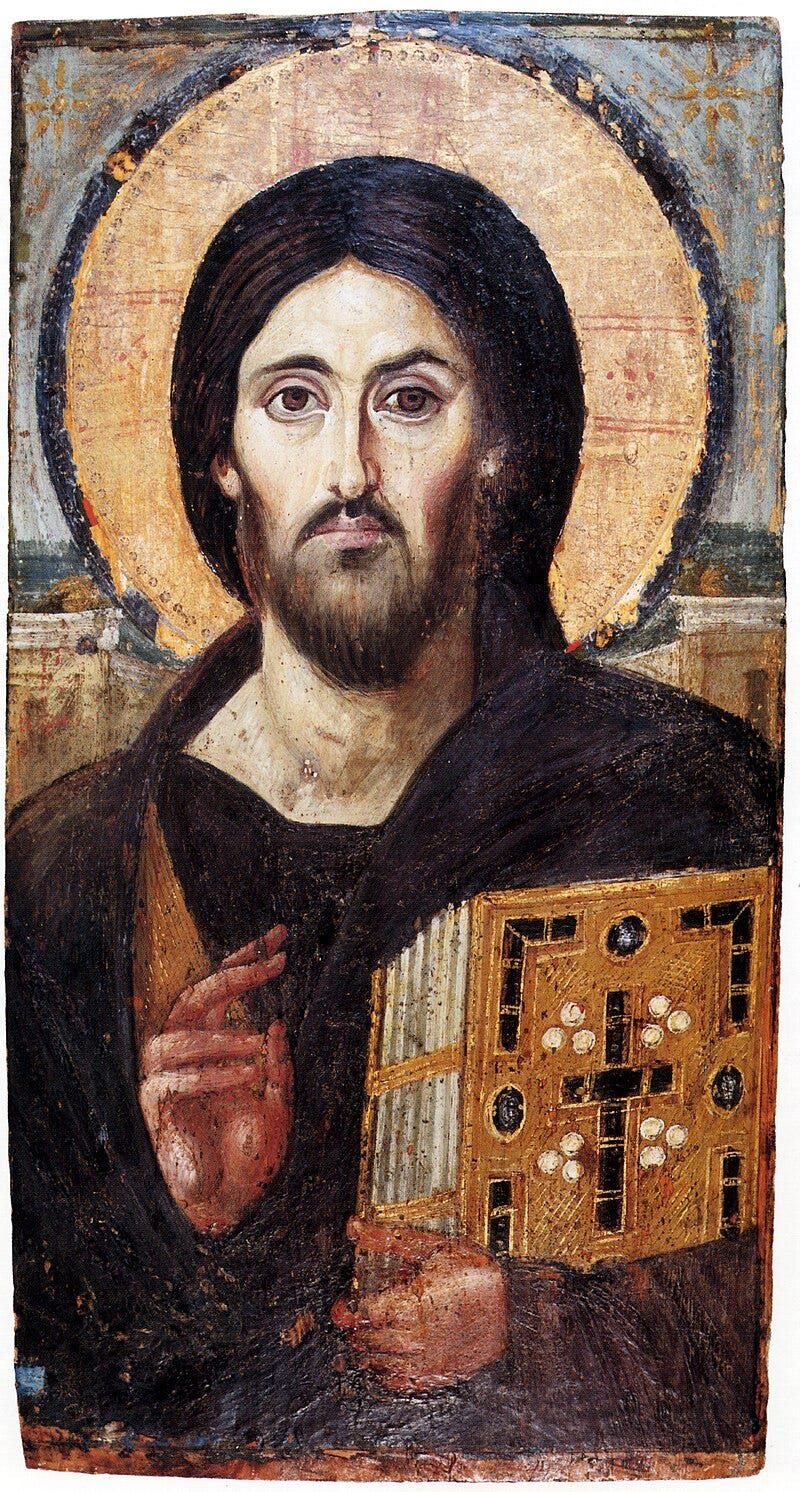
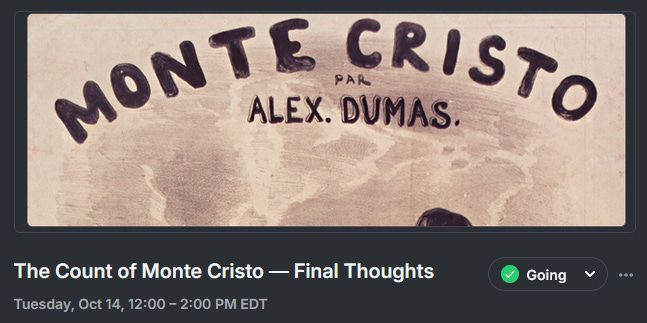
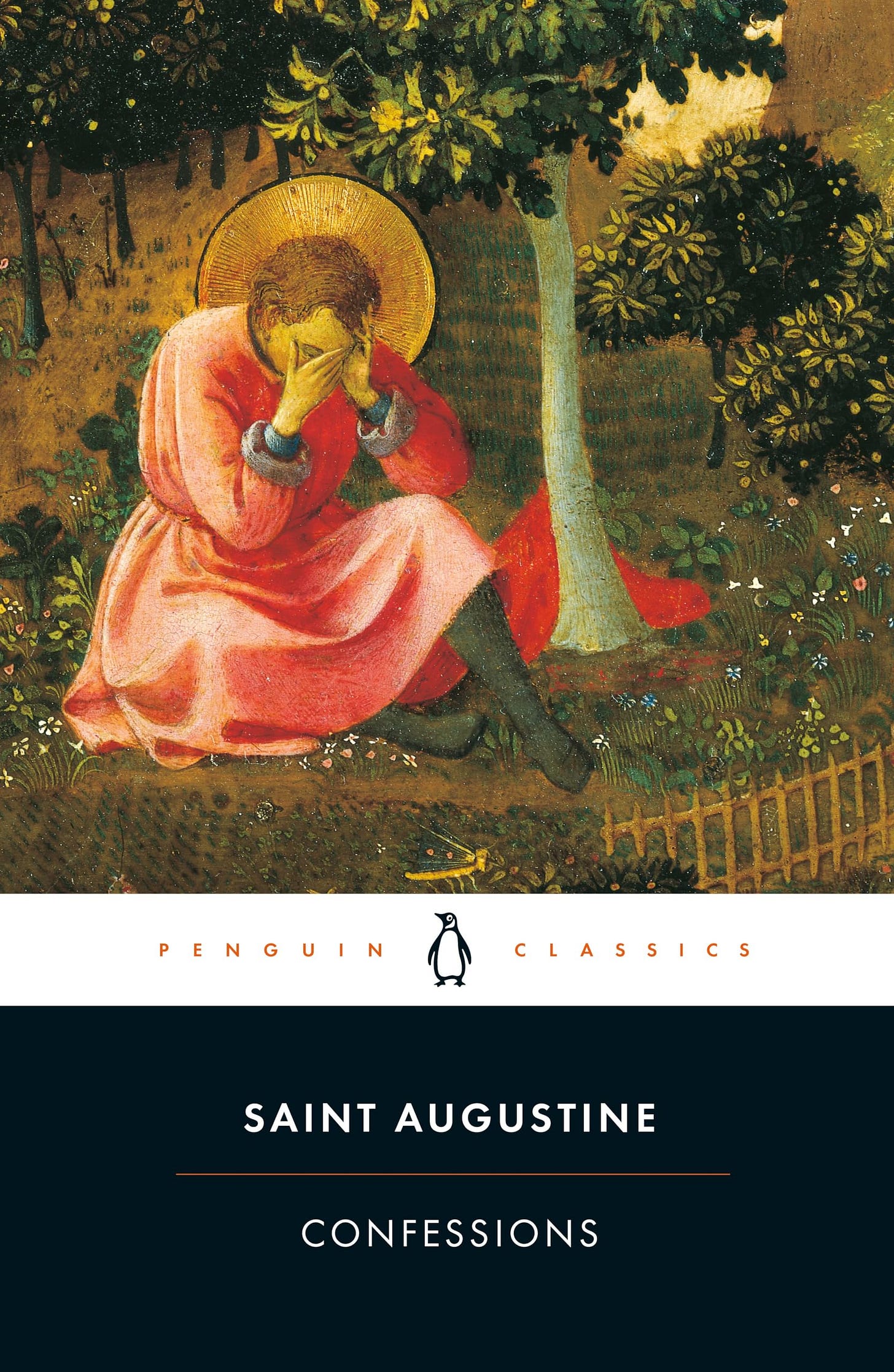
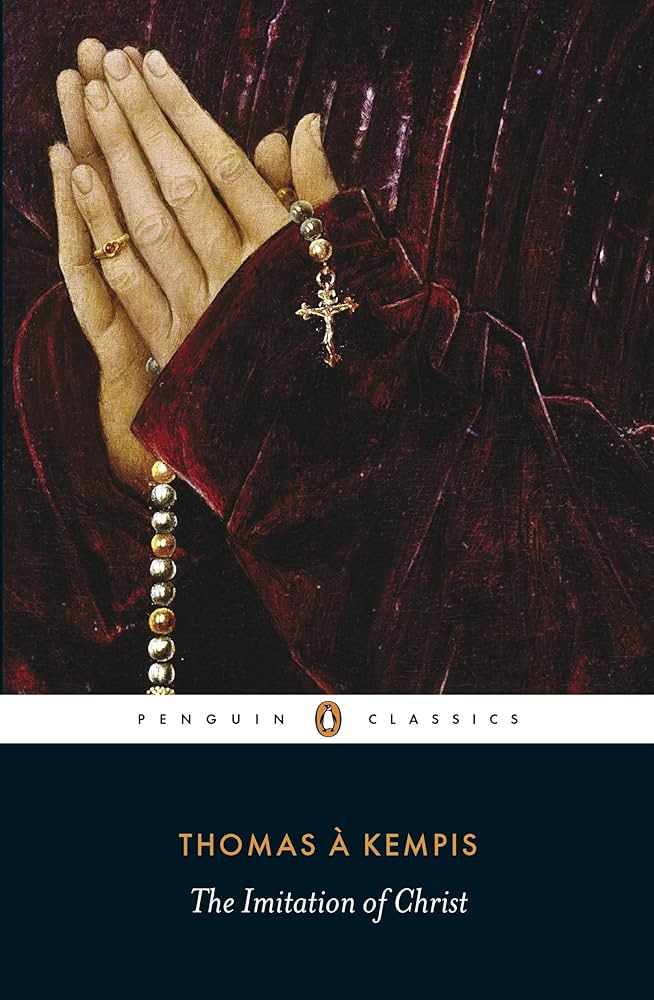

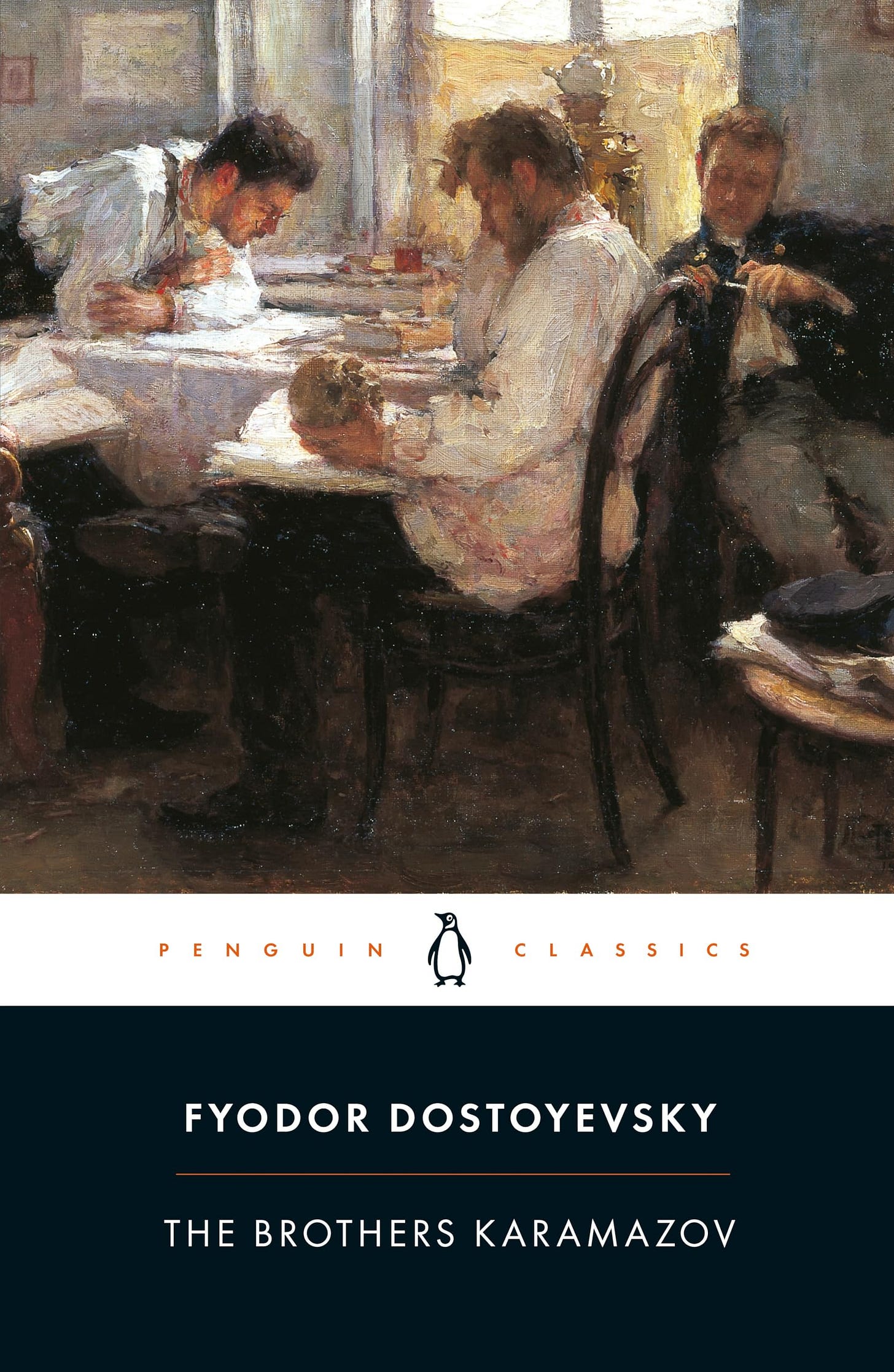
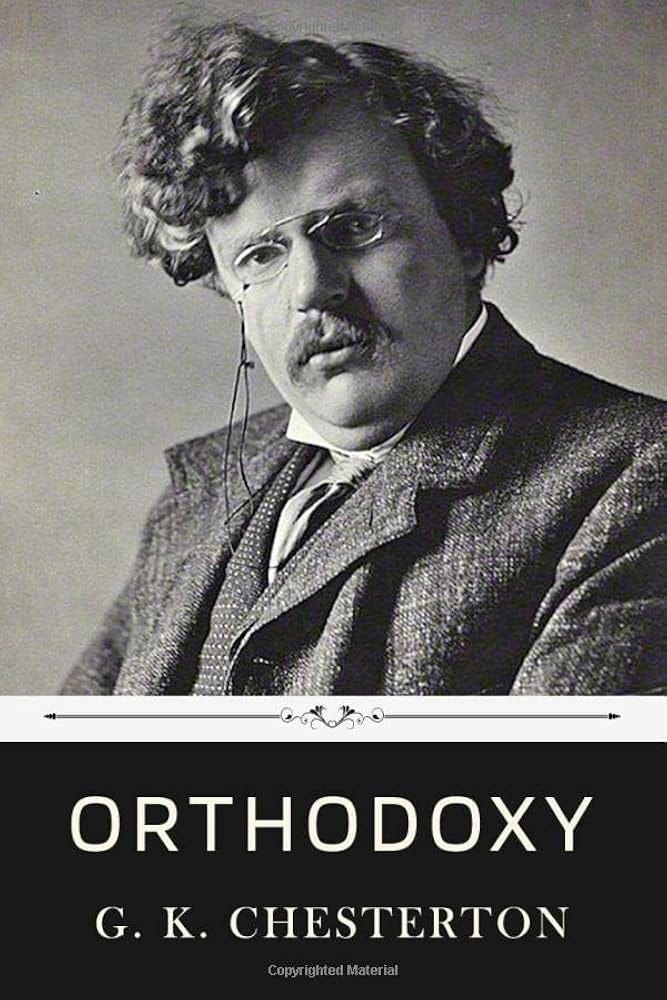


“Some books explain Christianity, but others make you feel it. The best ones do both.”
If this is the criteria I would definitely add Dante’s Divine Comedy. Dante doesn’t just tell you doctrines. He shows them in lived encounters. You walk with him. You feel the weight of sin in Hell, the cleansing in Purgatory, and the joy in Paradise.
"God: An Anatomy" by Francesca Stavrakkopoulou